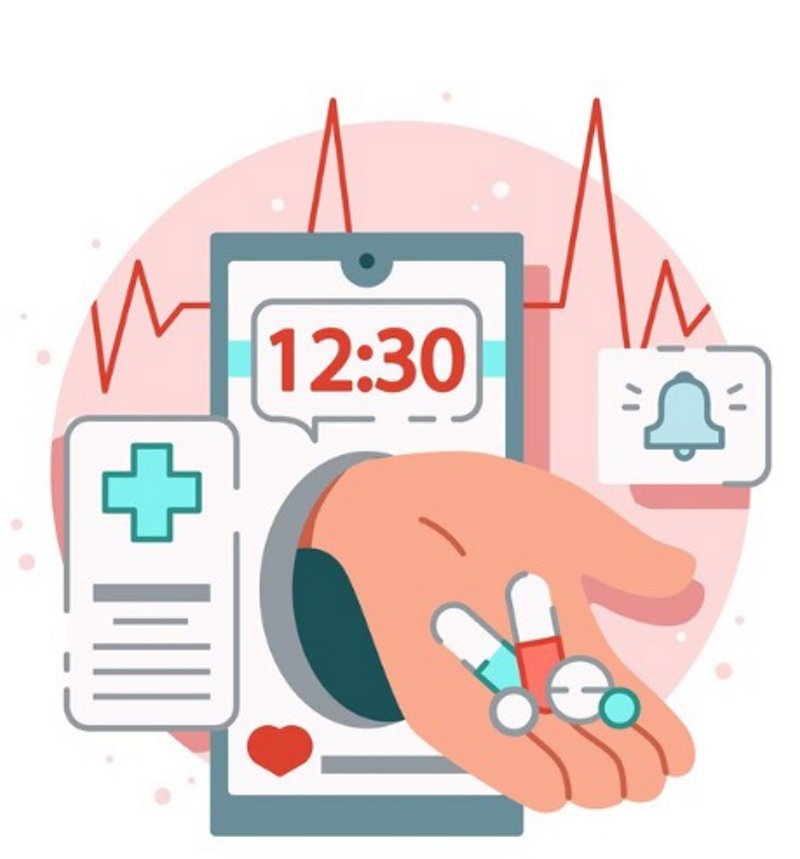
Web app effective in determining access to statins without a prescription
News - Apr. 8, 2024In a recent study presented at ACC.24, it was found that over 90% of patients correctly identified their suitability for nonprescription access to low-dose rosuvastatin using an innovative web application. This treatment proved to be safe overall and resulted in a significant 36% reduction in LDL cholesterol levels.
Many primary care patients who could benefit from statin therapy don't receive it. Previous attempts to address this issue with nonprescription statins faced regulatory hurdles due to concerns about inappropriate use. The TACTiC (Technology-Assisted Self-Selection in Consumers) trial aimed to evaluate the safety and effectiveness of a new web application tool to qualify individuals for nonprescription access to low-dose rosuvastatin.
The trial, conducted in the US, recruited participants through heart health or cholesterol lowering study advertisements. The web application, developed following FDA guidance, prompted participants to input their demographic data, medications, cholesterol levels, and blood pressure. Using this information, the tool calculated their 10-year ASCVD risk score based on guidelines. Participants received either a "Do Not Use," "Ask a Doctor," or "OK to Use" outcome. Only those with the latter two outcomes were enrolled (n=1196). Clinicians also assessed eligibility independently.
Participants then entered a 6-month usage period, during which they received rosuvastatin 5 mg and could reorder if their self-assessment still met guidelines.
Main results
Baseline LDL cholesterol averaged 139.6 mg/dL, with a median ASCVD risk of 10.1%. Initial self-selection concurred with clinician assessment in 90.7% of cases. After 6 months, final self-assessment concordance reached 98.1%.
LDL cholesterol decreased by 35.5% on average, with 84.5% showing reductions exceeding 20%. The final LDL cholesterol level was 88.1 mg/dL, a significant reduction from baseline.
Adverse events were reported by 52.9% of participants, with myalgia being the most common (4.1%). Adverse events leading to drug discontinuation occurred in 7.1% of cases, but none were trial withdrawals. Serious adverse events occurred in 2.3% of participants, unrelated to the study drug.
Conclusion
The study demonstrated that a novel web application helped over 90% of consumers identify their eligibility for statin therapy accurately. Nonprescription use of low-dose rosuvastatin was associated with a substantial LDL cholesterol reduction and was generally safe.

Share this page with your colleagues and friends: